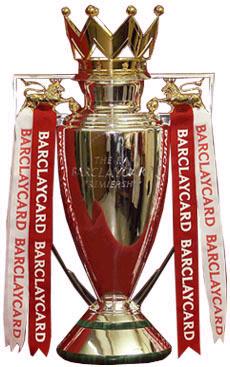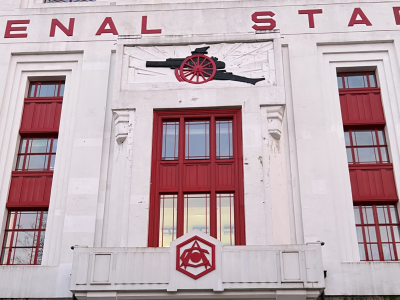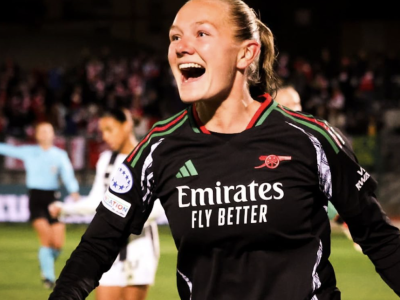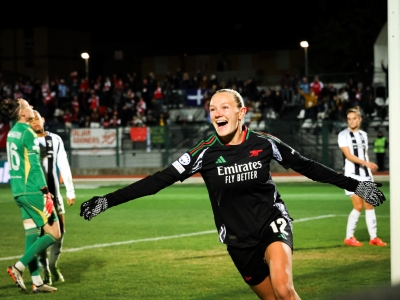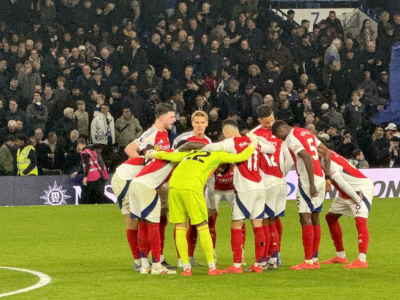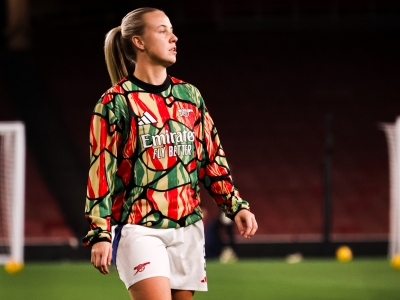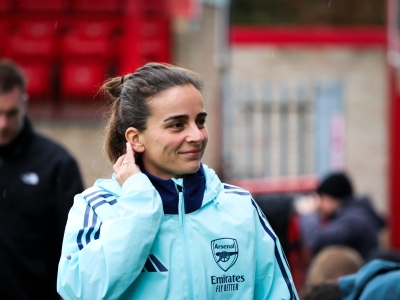In the Gooner’s interview with Chris Whyte in the current edition, the one time Gunner talks about the fact that Leeds dethroned Arsenal when winning the title in 1991-92. Asked if he was surprised they did not prove more of a challenge (the title race was between Leeds and Man Utd), he said ”Yes, because you would expect the holders to be up there challenging, so it was a bit of a surprise. But at the same time I know how competitive it is as I experienced that in the following season after I won it with Leeds. The clubs that you are going to be coming up against are playing the Champions from the previous season, and feel that they want to show you that you’re not having it again.”
Arsenal won the title three times on the trot in the 1930s, but having won it eight times since World War II, have never managed to retain it. I don’t know much about the immediate post war failures (finishing 5th and 12th respectively), but the 1971 side were fifth a year later. George Graham’s title winning seasons as manager were followed by two fourth place finishes, whilst Arsene Wenger’s three titles were all followed by runners up spots.
I can see the logic of what Chris Whyte is saying. The idea that every game is like a cup final because of the kudos of beating the defending champions. Some teams almost certainly raise their game. Manchester City, with all their resources, have not been able to replicate last season’s success. However, the question to be asked is how other sides in recent times have managed it. Liverpool did it several times in the 70s and early 80s, Manchester United have been doing it habitually since the beginning of the Premier League and Chelsea managed it under Jose Mourinho. What do these sides have that Arsenal didn’t?
At the time that Bertie Mee failed to repeat his sole title, there is an argument that the First Division was a very competitive beast. In the preceding 12 seasons, there had been nine different champions. In the three seasons after, there were three different winners. Then Liverpool started to buck the trend. My memories aren’t vivid, but my impression was that – aided by their experience in Europe – Liverpool were able to play result football when it was required, a solid defence providing the platform for players such as Keegan and later Dalglish to flourish. They got into a winning habit and did not always entertain. They could kill games if needed.
By the time of George Graham’s titles as Arsenal boss, this was a strength that did not arrive early enough. The 1989 and 1991 titles were won (and not defended) by a team that actually played some very entertaining football. Perhaps at times, too entertaining. Arsenal changed in 1991-92 when elimination to Benfica in the European Cup persuaded Graham that the days of open attacking football were not serving his team well enough. The side did play some very good watchable football for the remainder of that season, but the writing was on the wall. The campaigns that followed saw a side that would frequently bypass midfield, heavily relying on the ball over the top to Ian Wright. It was not football that pleased the aesthete, but it worked very well in cup competitions. What is interesting is that it was a relative failure in the league, as the team failed to challenge. The players were not able to raise themselves for the battle of survival that brought results week in, week out. It seemed a case of being up for the cups, but the quality of the squad was simply not good enough to sustain it. Perhaps the real reasons for the purchases of such players as Pal Lydersen meant strength in depth was an issue. Many of George’s latter day buys did not really serve the club well and he lost the ability to motivate his men enough to secure consistent success. Perhaps an example of things going stale that some would recognise today. We all enjoyed the cup runs though.
As for Arsene Wenger’s three teams, certainly in 1999 and 2003 it was a case of so near but yet so far. It was the odd point here or there, games drawn that should have been won. Sometimes the margins are very slim between success and failure and these two seasons are good examples. The team was undoubtedly capable of retaining the titles – the personnel largely the same. Perhaps there is an argument that what was missing was the injection of a significant new face or two to re-invigorate and freshen things up. Because the title was won, no real need for improvement or alteration. It was not an approach that Liverpool took and Manchester United invariably make changes during summers even after finishing top.
Some would argue there was a psychological weakness in Wenger’s teams. A brittleness. Perhaps this was the case in 2004 when the 49 match unbeaten run was ended. Arsenal took a long time to bounce back and never caught Mourinho’s Chelsea. In 2002, a defeat at Everton was followed by a home loss against Blackburn. United won that season by five points. It was a two match hiccup, but a costly one. However, a sequence of draws from winning positions in the spring were probably what did more of the damage. That and Mike Riley’s love of giving penalties to Ruud van Nistelroy. It’s the little details that sometimes determine things.
But as someone said in the comments after the post plugging the Gooner podcast yesterday, enough about retaining titles. Let’s just try and win one for the time being!
Chris ‘Chalky’ Whyte who will be signing copies of the of the current issue of The Gooner before the game against Norwich on Saturday, at a stall outside 168 Drayton Park, just before the steps up to the North Bank Bridge (or the Ken Friar Bridge if you prefer), opposite the entrance to the club’s offices – Highbury House. If you are heading to the stadium from Arsenal tube direction, he will be on your left just before you reach the steps, before the game from 1.15 until 2.45. If it is wet, we will put him inside the stall!

